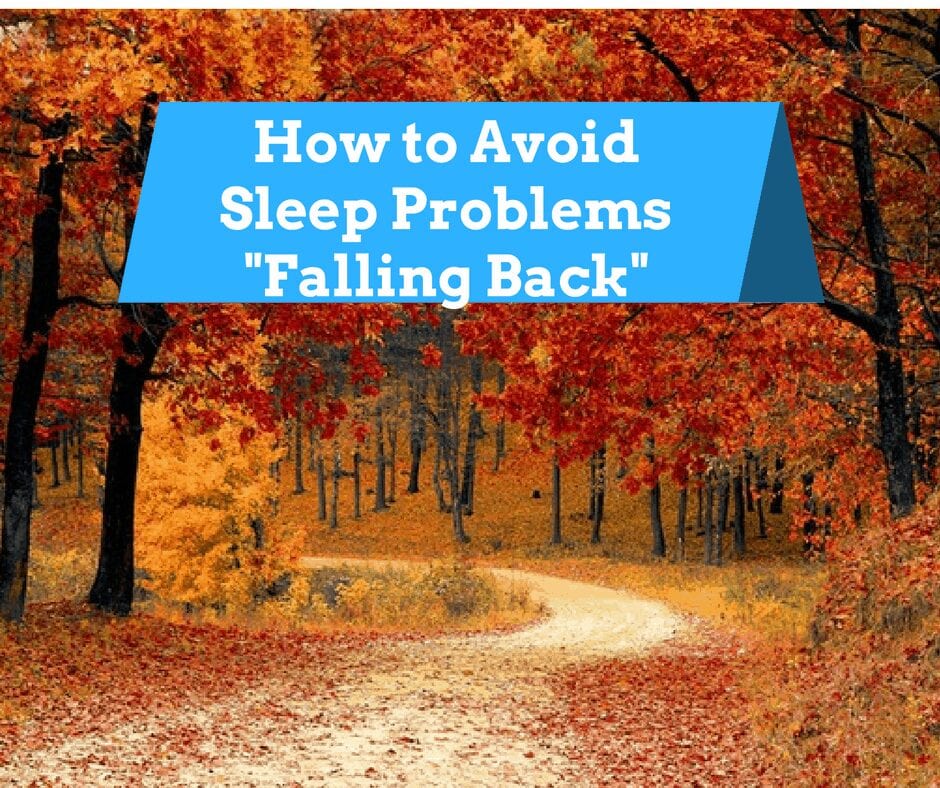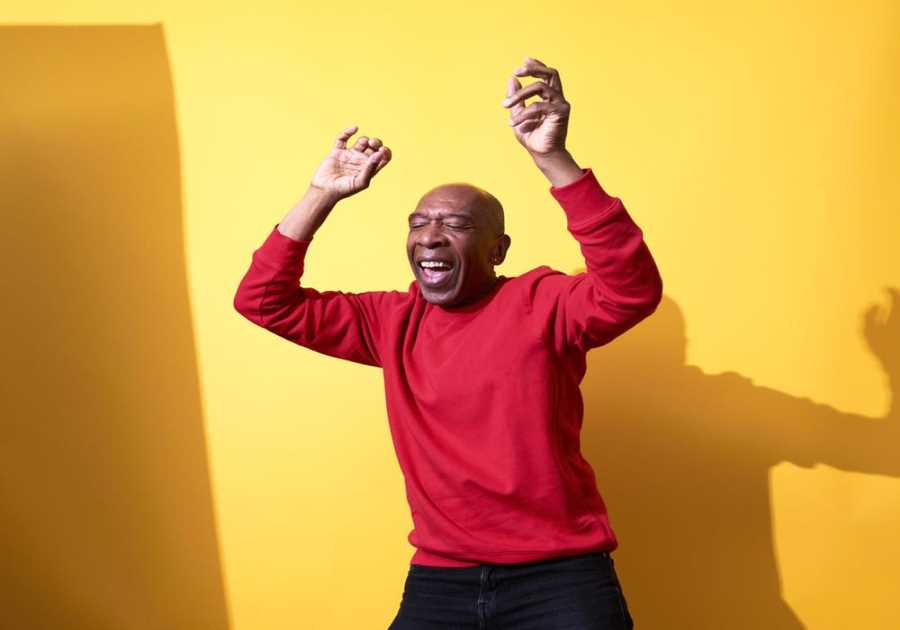
Ahh, autumn. Halloween costumes, fall foliage, carving Jack-O-Lanterns and enjoying the crisp bite of a fresh apple. Those of use who live in New England often cite this season as the finest of the year, prior to the long nights and cold days of winter. There is one part of it that I don’t look forward to as a parent of small children, and a sleep doctor: the end of Daylight Savings Time (DST) when the clock falls back by one hour. This year, clocks in the United States will fall back by one hour at 2 AM on Sunday, November 7th. There is some evidence that DST is associated with adverse health and safety effects, but this is controversial; Ezra Klein nicely outlined this in the Washington Post.
I recently wrote a post on Daylight Savings Time and children for the New York Times which you can read here. Daylight Savings Time and children for the New York Times which you can read here.
“Daylight Saving Time” is Pretty Confusing
I always have to pause and think about these terms because they are pretty confusing. Here’s a brief primer:
- When is daylight saving time? “Daylight Saving Time” (or DST) refers to the practice of advancing the clock an hour later for the summer months for an extra hour of daylight. In 2016, it occurs between March 13th and November sixth.
- What happens when daylight saving time ends? The end of DST occurs when the clock is dialed back an hour, which we call “falling back”.
- Why do you keep calling it daylight SAVING time? Although it sounds weird, “daylight savings time” is incorrect; it is correct to say daylight saving time. But don’t be pedantic about correcting people.
Falling Back is a Bummer if You Have Small Kids
If you don’t have children and don’t work nights (medical residents on call that night– I feel for you as you will be on call for another hour), congratulations! You get an extra hour of sleep. For those of us with little children who get up earlier, however, this can be painful. The reason is that little children tend to get up earlier than their parents would like them to. (Teenagers are a different story as they usually have problems with getting up late– thus they struggle with the beginning of DST, or “springing ahead.“) Thus, a child who is sleeping from 8 PM to 6 AM will now be on a 7 PM to 5 AM schedule. The sleep period has not moved, but the clock has.
Teenagers Benefit from Falling Back
Unlike little kids, teenagers naturally tend to stay up later and struggle to get up in the morning. Thus, “falling back” tends to feel pretty great for your teenager as the world essentially moves closer to his or her natural sleep schedule. If you want to capitalize on this, I encourage teens to try to stay on the clock time and not use this as an excuse to stay up later. Practically speaking, this means continuing to going to bed a bit earlier based on clock time. For example, if your teen struggles to fall asleep before 11:30 PM, this is a good opportunity to have her go to sleep at 10:30 PM as it will “feel” the same.
How to Make This Less Annoying
Fortunately this is pretty easy to address. Move your child’s sleep period later by 30 minutes for three days before “falling back” and then back to their old schedule on the “new time”, effectively moving their sleep period an hour later. In this example, you will have your child go to sleep at 8:30 PM to 6:30 AM for three days before falling back, then move them back to the old schedule at the new time (8 PM to 6 AM).
Not everyone’s child will sleep in 30 minutes later but the important thing is to move bedtime. This approach will hopefully cushion the landing from “falling back” and help you get a little more shuteye. I have found this to be useful in my household and my clinic, where the ramifications of DST seem to extend beyond a simple shift; many children seem to have disrupted sleep at night as well around this transitional period. In my experience, these difficulties may be exaggerated in children with autism, so it may be worth a more gradual transition in sleep periods. If early morning awakenings remain an issue, here are some more strategies for addressing them.
Steve Silvestro, a pediatrician you can find online as Zen Doc Steve, elegantly summarized all of this in a short reel on Instagram:
View this post on Instagram
Who DOESN’T want their child waking up at 5AM for the day??
It’s true—back in the BC era (“Before Children,” that is
), I used to look forward to the day Daylight Saving Time ended & we’d get to “fall back.” An extra hour of sleep! Woohoo!!
But now that we’re in the AC era (“After Children,” of course
), the end of DST kind of sucks
. Our kids’ bodies don’t know or care what time it says on the clock—they only know their usual routines. So to help your child adjust to the the end of Daylight Saving Time—and help all of you sleep a little bit better—try these steps:
Start adjusting your child’s bedtime by 10-15 minutes every few nights beginning NOW, two weeks before DST ends.
Don’t forget to adjust your child’s other routines—meals, snacks, etc.—by a few minutes every couple of days, too. Sleep isn’t the only pattern our bodies follow—just ask a rumbly tumbly!
Use the body’s natural melatonin regulation to your advantage. Get your kids daylight exposure in the daytime & sunset/darkness exposure before bed.
Remember some self-care—meditate, exercise, do whatever you need to find your own mental happy place so you’re prepped and good to go when the clocks change!
I have a few more details on these steps and more at the link in my bio.
Do you prep for Daylight Saving Time changes or do you prefer to dive right in? #daylightsavingtime #daylightsavingstime #pediatrics #doctorsofinstagram #docsofinstagram #parenting #parentingtips #parentinghacks #parentingexpert #doctorreels #docreels #pediatrician #sleep #sleeptips #toddlertips #babysleep #babytips #babysleeptips #toddlersleeptips
I’d love to hear about your experiences with this. Has this been a problem for you in the past?
-------------------------------------
By: Craig Canapari
Title: Avoiding Problems When “Falling Back”: Daylight Saving Time and Your Child
Sourced From: drcraigcanapari.com/daylight-savings-time-and-your-child-falling-back/?utm_source=rss&utm_medium=rss&utm_campaign=daylight-savings-time-and-your-child-falling-back
Published Date: Wed, 13 Oct 2021 00:21:15 +0000
.png)

















